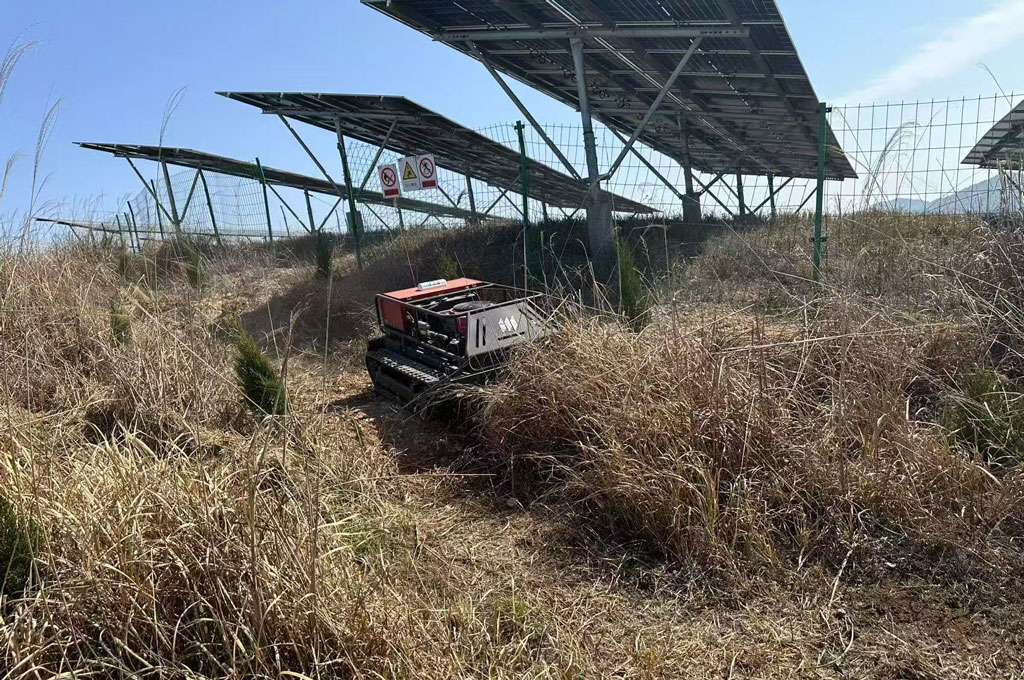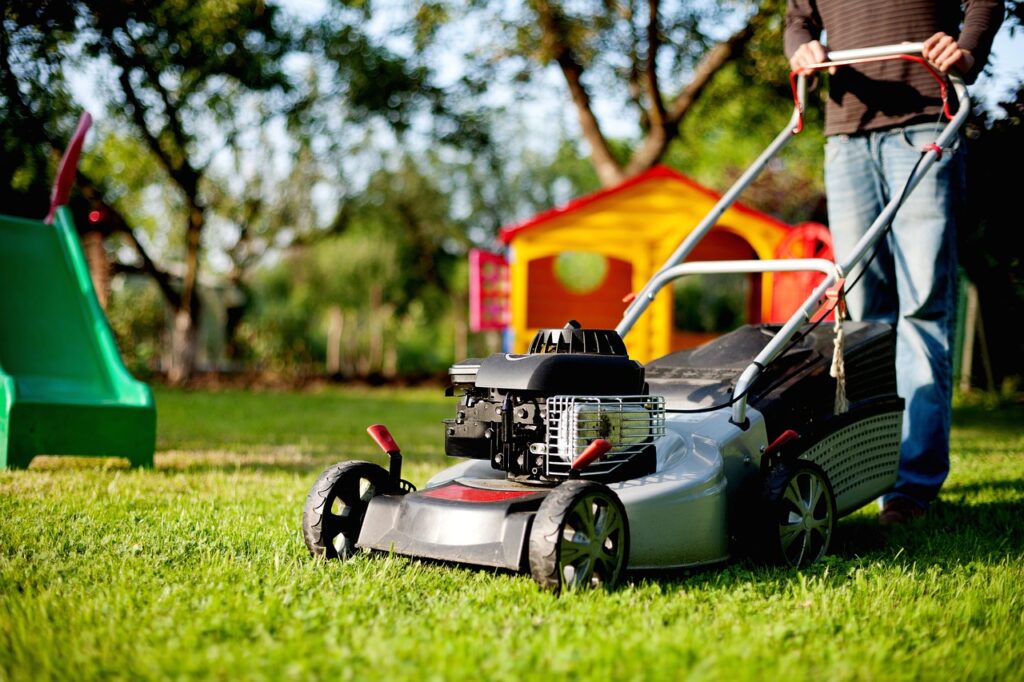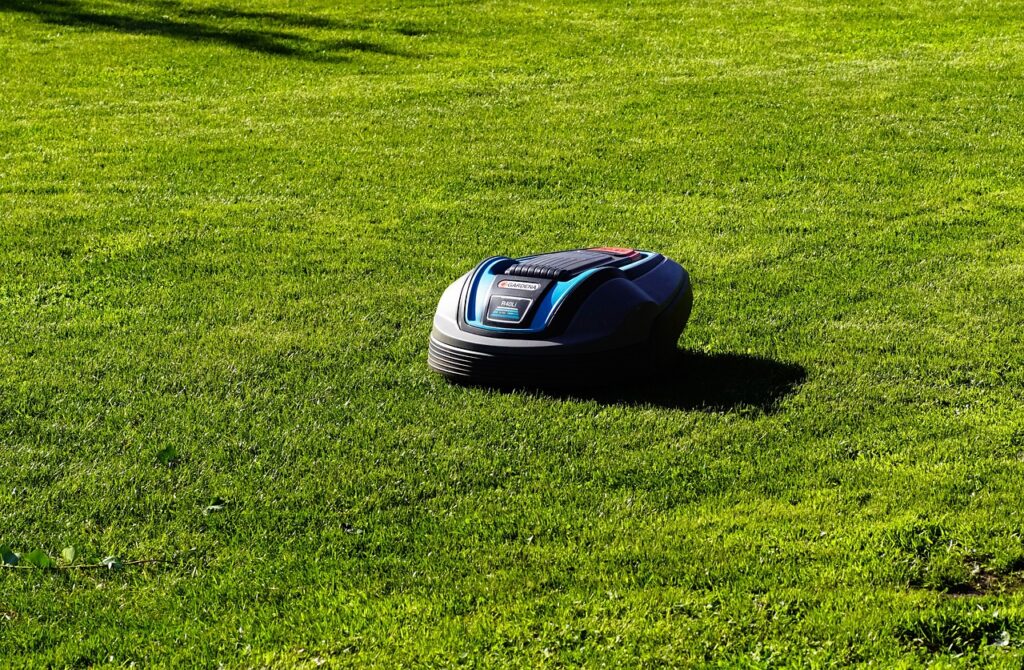As the global shift toward clean energy accelerates, solar farms have become a cornerstone of renewable power infrastructure. These large-scale installations harness solar radiation to produce electricity efficiently and sustainably. Yet, managing the grounds beneath expansive arrays of panels remains a constant operational challenge. That’s where robotic mowers are reshaping the future of solar farm maintenance.

From Manual Labor to Autonomous Efficiency
Traditionally, maintaining solar farms has been a labor-intensive task, often involving manual mowing and frequent site inspections. As installations grow in size and complexity, this approach becomes increasingly inefficient and costly. Autonomous robotic mowers offer a scalable solution by automating routine vegetation control across vast, often rugged terrains.
These mowers follow pre-programmed GPS paths and leverage AI-powered navigation systems to move precisely between rows of solar panels. This level of automation not only improves consistency in vegetation control but also dramatically reduces the need for on-site manpower, lowering overall maintenance costs.
Precision Ground Care Without Compromise
One of the standout advantages of robotic mowers is their precision. Equipped with obstacle detection sensors, terrain-adaptive controls, and edge-avoidance algorithms, they are specifically engineered to operate safely around sensitive solar equipment. Unlike traditional machinery, robotic mowers minimize the risk of accidental damage to panel mounts, cabling, or junction boxes—issues that could otherwise lead to energy loss or costly repairs.
A Greener Way to Stay Green
The use of electric robotic mowers aligns perfectly with the clean energy mission of solar farms. These machines produce zero direct emissions and can even be powered using stored solar energy, reinforcing a closed-loop sustainability model. Compared to conventional gasoline mowers, the reduction in fuel consumption and CO₂ emissions is significant, contributing to a more eco-friendly operational footprint.
Conclusion
As solar farms continue to scale, the integration of robotic mowing technology presents a smart, sustainable evolution in maintenance practices. Combining automation, precision, and environmental responsibility, robot mowers are not just tools—they’re strategic assets in the transition to a cleaner energy future.


